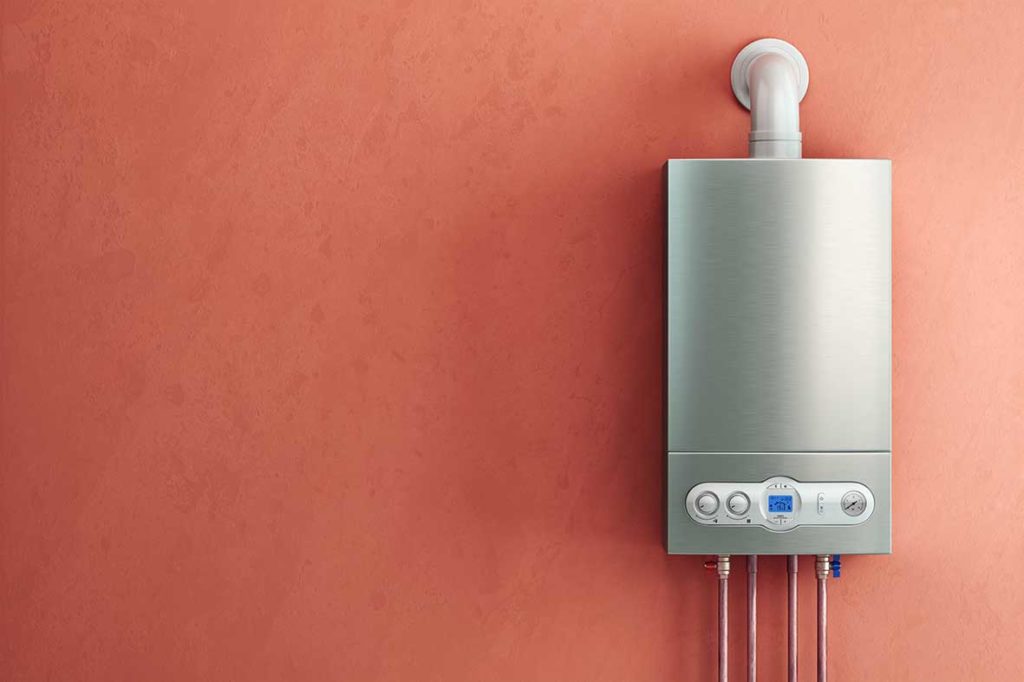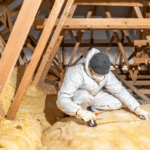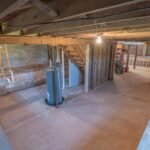Let’s face it: we all fear a broken boiler. There’s nothing that makes your heart sink quite like waking up with a cold house, freezing showers and the potential costs that come with having to replace a boiler at the most inconvenient time. So, if you want to show your boiler some love and minimise the likelihood of an issue, boiler maintenance is an essential consideration. Here are our tips and tricks that you won’t want to miss.
Service your boiler regularly
Servicing your boiler once a year is crucial if you want to make sure that one of the most important appliances in your home is running smoothly and efficiently at all times. Taking the time to get your boiler checked regularly can help to avoid the chance of a crisis at the worst possible moment – a crisis that might cost you both money and valuable time spent feeling warm and cosy in the winter.
You can also use power flush service to service your boiler because it is very effective. It will increase the efficiency and effectiveness of your boiler. So all you have to do is know that how much is a power flush cost and give best service to your boiler.

Cleaning regularly
It may seem like a simple thing but it is important to keep the outside area dust free so that you can be confident in your boiler functioning at its best. Taking a simple step like wiping down your boiler with a soft cloth can prevent dust from finding its way inside the boiler and damaging internal components. However, if your boiler requires internal cleaning or repairs, you will certainly need support from a trained specialist – an engineer qualified to service the boiler.
Monitoring boiler pressure
Boiler pressure can decrease over time and many homeowners find themselves needing to top it up on a semi regular basis. Typically your boiler pressure should sit between 1 and 2 on the pressure gauge. If the pressure drops below this, the boiler typically won’t function correctly and may require a top up – using the tap located underneath the boiler itself.
Bleeding radiators
The health of your radiators is closely linked to the health of your boiler. When your radiators are in good condition, the boiler simply doesn’t have to work as hard to heat a home. Bleeding your radiators is as simple as opening the valve and letting out trapped air that is limiting water flow and preventing the radiator from reaching full temperature. A quick search on YouTube will reveal videos that can show you how to bleed a radiator in 5 minutes flat.
Installing carbon monoxide detectors
In the event that a gas boiler is significantly damaged, it is possible that it may leak fumes into the home. The release of carbon monoxide is particularly dangerous to a household and so keeping a carbon monoxide detector in the home with an alarm fitted is the best way of ensuring that any leak is detected immediately. Testing the alarm on the carbon monoxide detector regularly is also essential to make sure it is functioning properly.

Addressing issues
If your boiler is experiencing problems, be sure to contact an engineer at the earliest opportunity to handle the issue. Small problems like leaks and sludge build up can result in more significant malfunctions if left over time. Keeping a check on your boiler and heating system can ensure you notice any problems quickly.
Here are just some if the issues to look out for:
- Indications of a leak that might have caused a drop in pressure
- Cold areas of radiators that indicate the build up of air or sludge
- Loss of pressure caused by leaks or internal component issues
- Strange noises emitted by your boiler that suggest there might be air in the system, faulty pumps or limescale build up
Think that your issue might be too serious to solve on your own. Think it might be time that your old boiler is replaced for a newer, more efficient one? Essex is home to a number of trusted, experienced and respected engineers able to make the whole process easy and cost effective. If you’re in the market for boiler installation, Essex is as good a place as any to be.






